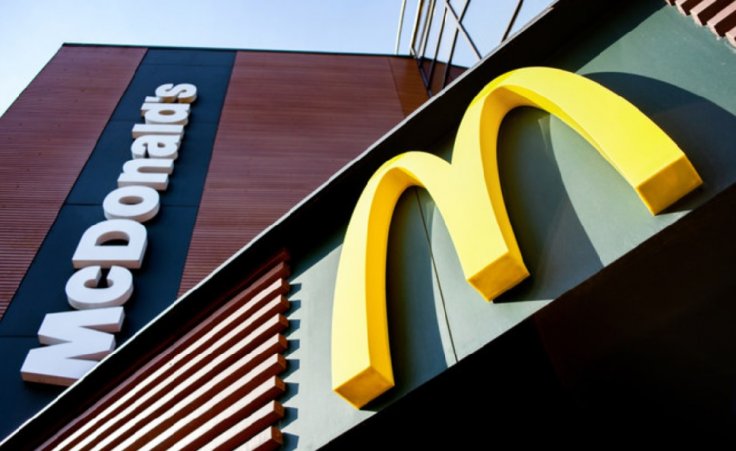Joe Erlinger, McDonald's US boss, has criticized a landmark California bill that would give a 10-person council the power to raise the industry's minimum wage to up to $22 an hour for fast-food chains with more than 100 locations nationally. The council, which would be made up of worker and franchisee representatives among others, can also establish safety conditions.
The bill notes that fast-food companies have profited during the COVID-19 pandemic, whereas California's one-half million fast-food workers have been hit hard. It said the workers are poorly positioned to participate in a fast recovery and a more equitable economy.
Erlinger said that while he supports and welcomes the legislation for increasing wages for all workers, the legislation targets some workplaces and not others. He described the bill as lopsided, hypocritical and ill-considered.
In a letter posted on McDonald's portal, Erlinger highlighted that the bill imposes higher costs on one type of restaurant, while sparing another. He said it would have been applicable if two restaurants have the same revenue and same number of employees.
The McDonald's boss outlined that the franchise with two locations would be subject to the bill. He highlighted that an owner of 20 restaurants that aren't part of a chain would be exempt. Erlinger believes its essential to increase restaurant workers' wage and protect their welfare.

It should be noted that McDonald's only operates 5% of its more than 13,000 US locations, with its franchisees owning the rest. But McDonald's often picketed on their behalf. The popular fast-food brand in 2019 told the National Restaurant Association that it would no longer oppose federal, state or local minimum wage hikes.
Erlinger said proponents of the bill want it to expand across the country, regardless of whether the California governor Newsom signs it into law. He believes the bill makers are encouraging voters to ask their lawmakers to adopt California's counterproductive model in their respective states.
The National Restaurant Association has also voiced concerns about the California bill – spending about $140,000 to fight the legislation. Michelle Korsmo, the association president, said 45% of California restaurant operators' businesses are worse today that what it was three months ago. She believes the FAST Act isn't going to achieve its objective of providing a better environment for the workforce.








